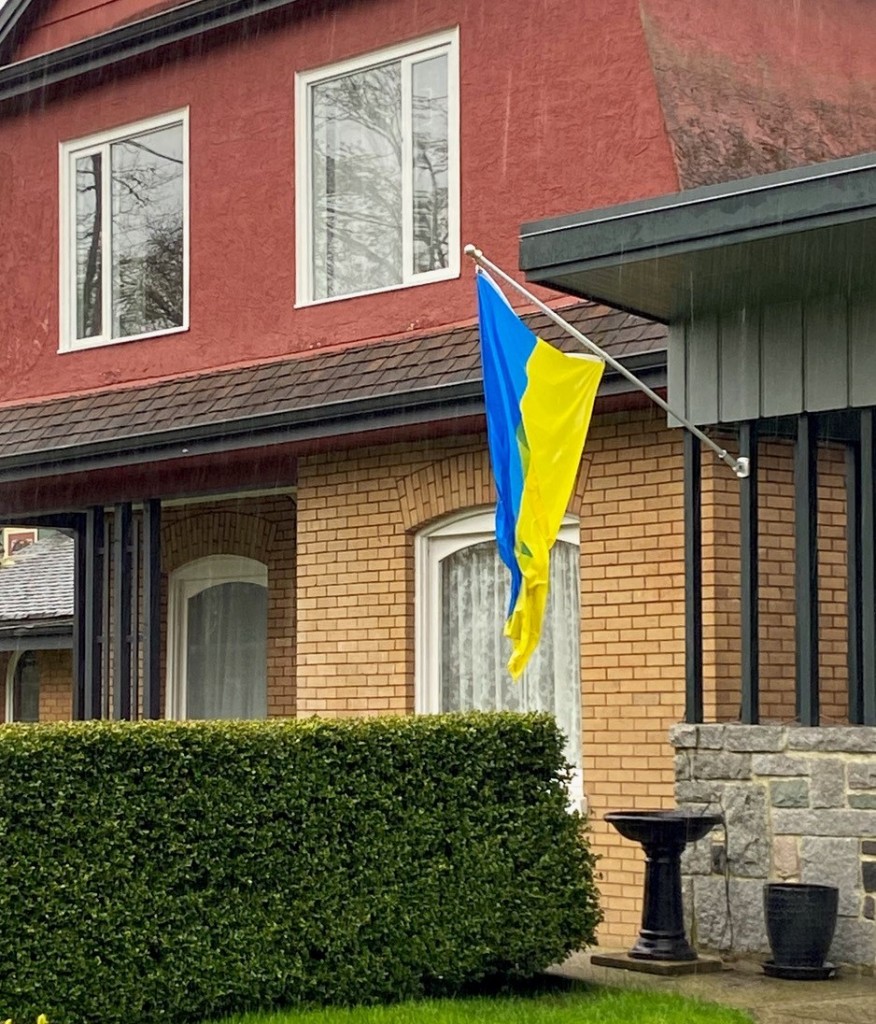
Ukrainian prosecutor eral Iryna Venedyktova has stated that 140 victims have been examined thus far as part of an ongoing investigation into war crimes committed.
Ukraine is faced with the trauma of war crimes as the world reacts to the news
By Matthew Fraser, Editor in Chief
As the war in Ukraine enters its sixth week, the accusations against Russia and its military have reached new heights as shocking evidence and claims emerge from the ground.
A March 29 article from the BBC outlined which actions qualify as war crimes and asked if and how Putin could be punished for these crimes. The article was mainly oriented on the Geneva Convention, The International Court of Justice and the UN Security Council. Chiefly listed as war crimes were deliberate attacks on civilians and civilian infrastructure, the use of banned munitions like chemical weapons, improper care for sick and wounded individuals or prisoners of war, genocide, torture and rape.
Of particular note in the BBC’s article was the fact that Russia as a permanent member of the UN Security Council could veto any proposal to sanction it.
On Sunday, April 3, disturbing images began to emerge from Bucha, Ukraine. The images appeared to depict civilians murdered while the city was occupied by Russian troops. Global News reports that 300 civilians have been declared killed thus far. In an effort to contain these deaths, a 45-foot long trench was dug next to a church in the city.
Further reporting from Ukraine has stated that 410 bodies in towns surrounding Kyiv have been discovered and that the depth of trauma experienced by some survivors has rendered them unable to speak. Ukrainian prosecutor general Iryna Venedyktova has stated that 140 victims have been examined thus far as part of an ongoing investigation into war crimes committed. CNBC also reported that Ukraine President Volodymyr Zelenskyy referred to the Russian aggression as a genocide against the “100 nationalities” in Ukraine.
In response to the emerging photos and revelations, EU leaders have expressed their shock at the images. Reuters reports that the president of the EU Council grouping the bloc’s member states, Charles Michel announced that “Further EU sanctions and support are on their way.” Likewise, PM Justin Trudeau tweeted “We strongly condemn the murder of civilians in Ukraine, [sic] remain committed to holding the Russian regime accountable, and will continue to do everything we can to support the people of Ukraine. Those responsible for these egregious and appalling attacks will be brought to justice,” in response to a tweet by Foreign Affairs Minister Melanie Jolie.
On March 28, Global News reported on the accusations of sexual assault and rape levelled against the Russian army. In response, a Ukrainian MP named Inna Sovsun tweeted “ [The] Prosecutor General of Ukraine opened the first official investigation of the rape of a #Ukrainian woman in Brovary district committed by the #russian soldier. We heard rumours earlier, but this is the first time confirmed by the official complaint made by the surviving woman.”
On March 27, The Guardian reported that Emmanuel Macron and other world leaders had responded negatively to brash comments made by president Joe Biden. In addition to previous comments from Biden calling Putin a “war criminal,” Biden also stated: “For God’s sake, this man cannot remain in power.” This was seen by many—including members of the Kremlin—to be a direct call for regime change in Russia. In response to Biden’s comments, Dmitry Peskov, a Kremlin spokesman stated: “Personal insults like this narrow the window of opportunity for our bilateral relations under the current [US] administration. It is necessary to be aware of this.”
Finally, The New York Times reported that Russian troops have withdrawn from the Chernobyl nuclear plant and returned control of it to the Ukrainian energy company, Energoatom. Reports by local news outlets have stated that many of the Russian troops were suffering from radiation sickness at the time of retreat, but this is currently unconfirmed. The Independent reported on April 1 that Russian soldiers had driven through the highly radioactive Red Forest without protection earlier according to Ukrainian workers in the area.
